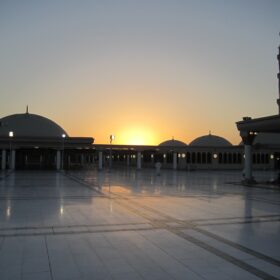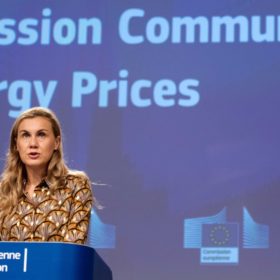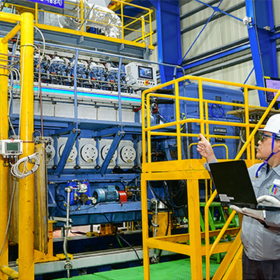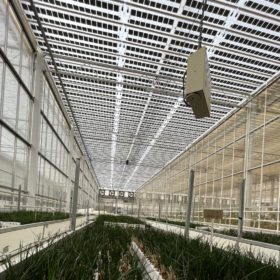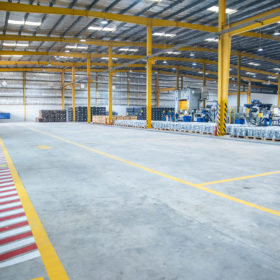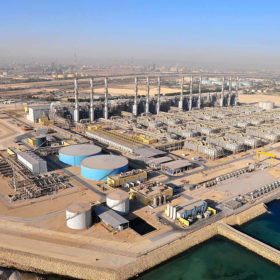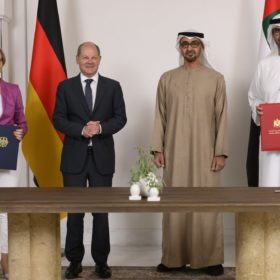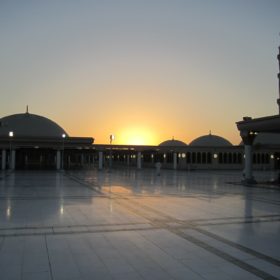Saudi Arabia’s solar market
Saudi Arabia aims to add 10 GW of renewable energy capacity by 2027, with solar to account for the lion’s share. The Middle East Solar Industry Association (MESIA) describes the main market drivers that could make this target achievable.
The Hydrogen Stream: Europe to launch hydrogen auctions
The European Commission says it will set up the new European Hydrogen Bank by the end of this year, with additional plans to hand out 10-year contracts in a new hydrogen auction. Linde Engineering, meanwhile, is teaming up with several other companies to test solid oxide electrolyzer cells (SOEC) and ammonia cracking technology.
Tandem perovskite-silicon solar cells retained 80% of efficiency after 1 year
Saudi Arabia researchers claim to have improved the outdoor stability of a tandem perovskite-silicon solar cell by using proper encapsulation. By the end of the first year of operation, the cell’s fill factor remained above 70%.
Perovskite-silicon tandem PV cell with textured wafers hits 28.1% efficiency
Researchers in Saudi Arabia have built a perovskite-silicon tandem cell with textured silicon wafers to offer superior light trapping. The device has an open-circuit voltage of 1,851 mV, a short-circuit current of 18.9 mA/cm2, and a fill factor of 80.1%.
The Hydrogen Stream: Hyundai inches closer to hydrogen engine development
Hyundai Heavy Industries has revealed plans to develop a hybrid engine with more hydrogen by 2023, and a complete hydrogen engine by 2025. Japan, meanwhile, has signed hydrogen-related agreements with Saudi Arabia and Oman.
PV shade screens for greenhouses, agrivoltaics
A Saudi Arabian startup has developed a modular solar panel for agrivoltaic applications. It is specifically designed for locations with high solar radiation levels and protects plants and crops from excess sunlight.
PV Hardware opens new solar tracker factory in Saudi Arabia
PV Hardware (PVH), a solar tracker and mounting systems manufacturer, has opened a new factory in Jeddah, Saudi Arabia. It is expected to produce 8 GW of trackers and solar structures per year, mainly for projects in the Middle East, Europe, Asia, and Australia.
Alfanar to build 110 MW of solar for desalination plant in Saudi Arabia
Alfanar has revealed plans to set up a solar project including ground-mounted and floating PV to provide power to the Al Jubail 2 water desalination plant on the east coast of Saudi Arabia. It will require an investment of SAR 1.2 billion ($319 million).
The Hydrogen Stream: GHD Group, Fraunhofer-Gesellschaft win contract for UAE national hydrogen strategy
Germany made efforts this week to expand hydrogen ties with the Gulf states, and Japan announced plans to team up with several nations to ramp up hydrogen production. ICIS, meanwhile, has started offering Europe’s first market-linked renewable hydrogen assessments.
Saudi Arabia launches 3.3 GW renewables tender
Saudi Arabia’s latest procurement exercise will facilitate the construction of 1.8 GW of wind power at three sites and two solar parks with a combined capacity of 1.5 GW.
